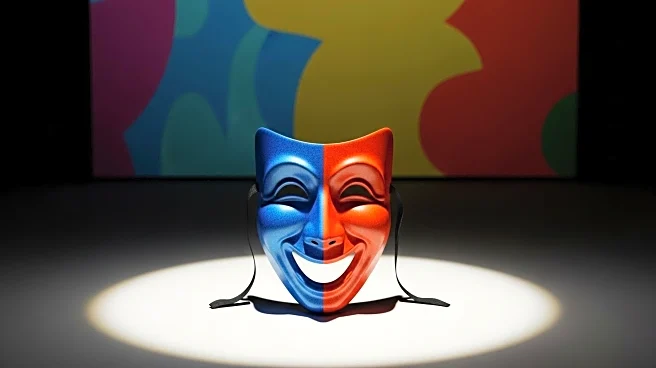What's Happening?
The Riyadh Comedy Festival in Saudi Arabia has come under fire from Human Rights Watch and several U.S. comedians for its alleged ties to human rights abuses. The festival, featuring performers like Pete Davidson and Bill Burr, has been criticized for not addressing the Saudi government's crackdown on free speech and the detention of dissidents. Human Rights Watch has urged performers to use their platform to advocate for the release of unjustly detained individuals. Comedians like Marc Maron and Atsuko Okatsuka have publicly condemned the event, citing censorship demands and the Saudi government's human rights record.
Why It's Important?
The controversy surrounding the Riyadh Comedy Festival highlights the ethical dilemmas faced by entertainers performing in countries with questionable human rights records. It raises questions about the role of artists in advocating for social justice and the potential for cultural events to be used as tools for image laundering by authoritarian regimes. The festival's backlash underscores the ongoing global debate about balancing artistic freedom with ethical responsibility, particularly in contexts where free expression is severely restricted.
Beyond the Headlines
The situation reflects broader geopolitical tensions and the complexities of international cultural exchanges. It also points to the power dynamics between wealthy nations and global entertainment industries, where financial incentives can sometimes overshadow ethical considerations. The festival's criticism may prompt other artists and cultural institutions to reevaluate their participation in events hosted by regimes with poor human rights records.










